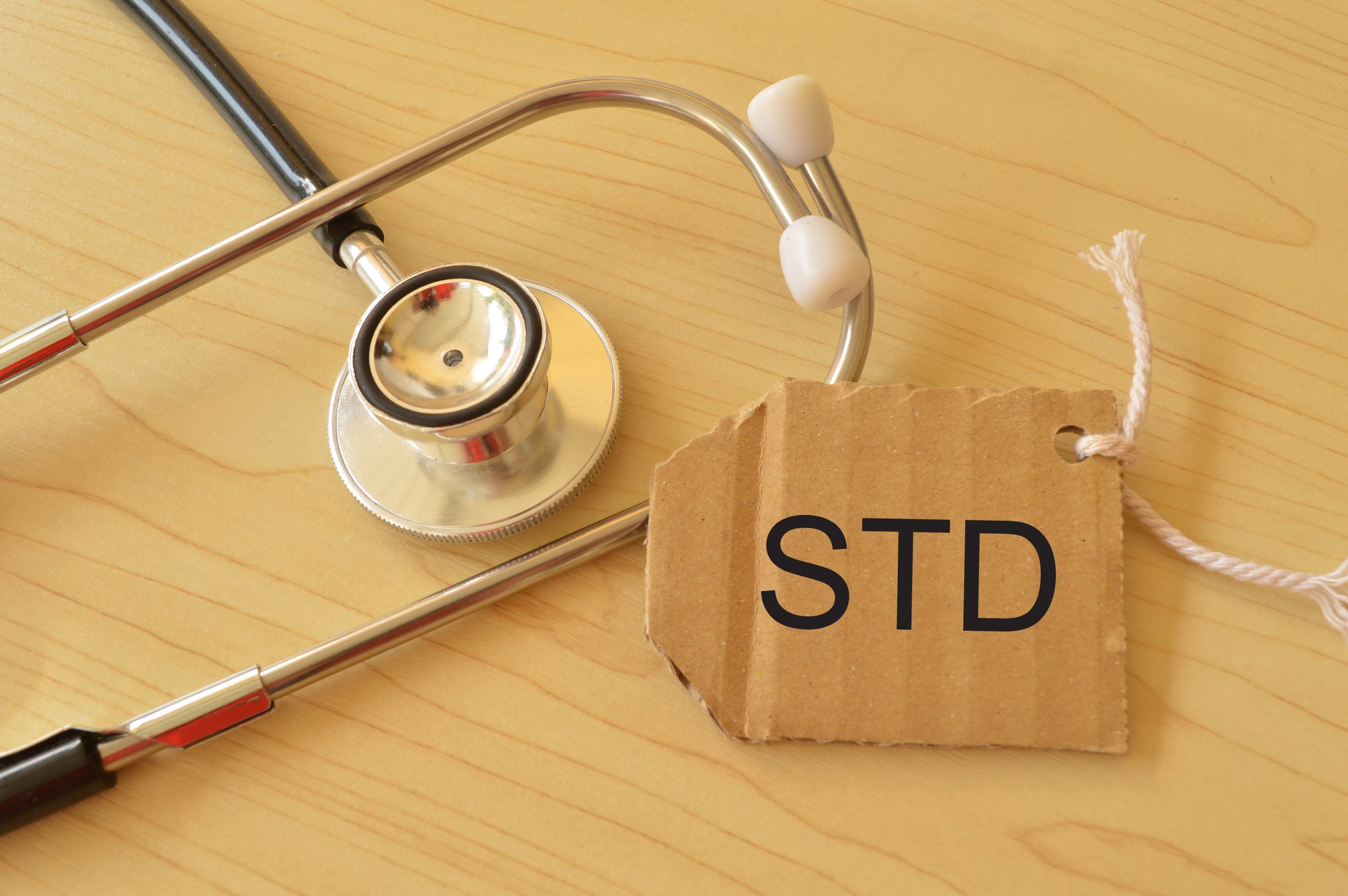Questions You Should Feel Comfortable Asking Your Pharmacist
It’s always worth striking up a rapport with your local pharmacist, or even checking with an online pharmacist, as they can be more helpful than you might realise, especially with GP waiting times at their longest ever.
An excellent source of information about medication, both prescription and over-the-counter, pharmacists are trained to be able to answer many questions that you might have about your medication, and can often be consulted when your GP simply hasn’t got the time to see you.
Here are just a few examples of questions you should be able to comfortably ask a local, or online pharmacist:
Q: Is this medication safe to take along with my other prescribed medications?
It’s common for drugs to interact with each other, and with many patients taking multiple prescriptions, these interactions can be a real cause for concern. While many medications are safe when taken alone, the minute you pair them with another medication, they can cause serious side effects and knowing about these before you begin a new medication, is very important.
Q: What about supplements and over-the-counter medications?
Even some supplements and over-the-counter medications come with risks and interactions with other medications that can be just as serious. With this in mind, never be afraid to ask your pharmacist whether what you plan to take, is safe when taken in conjunction with something else.
Q: Should I make any changes to my diet while taking this medication?
There are some foods that can affect the absorption, metabolism and excretion of medications, so it’s important to check with an online pharmacist or at a chemist or private clinic, as to whether there are any food restrictions associated with the medication your GP has prescribed for you.
Q: Are there any common side effects to my medication?
The information sheet for your new medication may list a series of side effects, and while that doesn’t mean you’ll experience any of them, it can be helpful to know what to expect when you begin taking it. However, some side effects may not be listed, and a pharmacist is the ideal person to help guide you through any others that you may experience, and what to do about it if you do.
Q: What should I do if I miss a dose of my medication?
Most of us will have forgotten to take a prescribed pill at some point in our lives, and while it doesn’t often have serious consequences, it is important to know what you should do if you’ve accidentally skipped a dose. A pharmacist can tell you whether to double up on the dose, or wait until the next dose is due and continue as normal. In addition, should you have vomited shortly after taking medication, or if your child didn’t swallow the whole dose, for example, you’ll need to know what you should do, and a pharmacist will be able to tell you.
Pharmacists are highly trained but often underrated within our healthcare system, and if you have questions about a minor ailment or the medication your GP has prescribed for you, why not ask an online pharmacist or drop into a private clinic or chemist in your locality?










